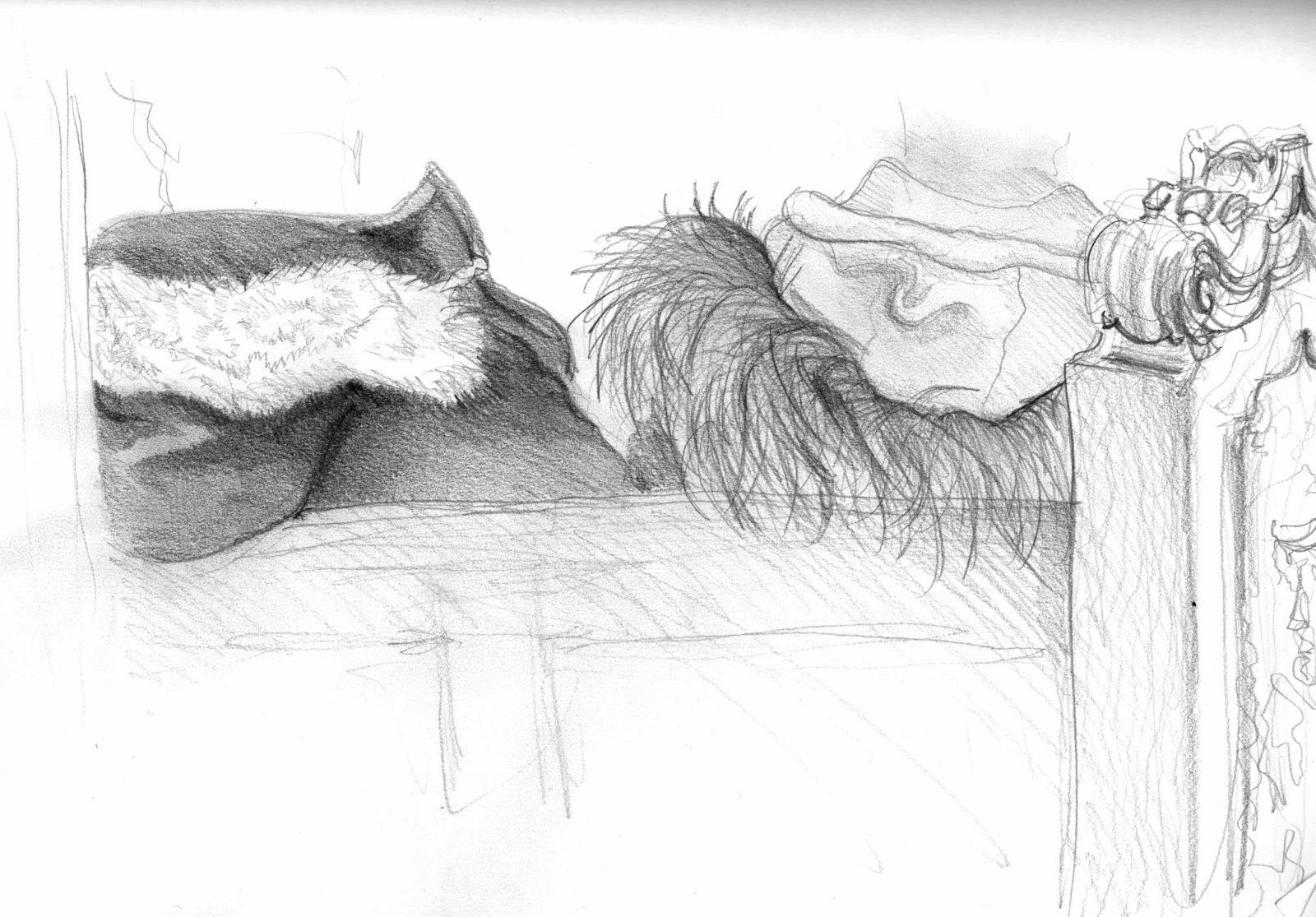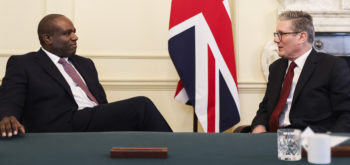A juror who collapsed a murder trial by reading up on the highly contested law of ‘joint enterprise’ has been jailed for four months. Paul Richards, undertaking jury service in a trial of three people relating to a man’s murder in South Wales, had discovered an article online on the Guardian.
The jury had been given directions by the trial judge not to carry out their own research into the case. According to BBC News, about a week into the trial ‘Richards, while in the jury room, was overheard by an usher telling other jurors about joint enterprise murder’. ‘As a result, the jury had to be discharged and new jurors selected,’ it said.
The man’s phone was seized and he subsequently admitted that reading Guardian article. The case concerned Kieran Carter, from Birmingham, who was found guilty of murdering Daniel Rae over a drug debt after a new jury was selected for a trial at Cardiff Crown Court. Two other people received suspended sentences for offences in connection with the case.
Judge Tracey Lloyd-Clarke accepted that Richard was not motivated by malice and that the responsibility of being a Dura weighed heavily, but also described his actions as a ‘flagrant disobedience of the court’s directions’. ‘Had the usher not inadvertently happened upon you, it may be that this would never have come to light, and the verdicts of the jury of which you were a member could have been returned on the basis of a misunderstanding of the law on joint enterprise, or other improper considerations,’ she said.
Jan Cunliffe, co-founder of the campaign group JENGbA, pointed out ‘Paul Richard’s isn’t alone when it comes to struggling with the concept of joint enterprise’. ‘Defendants struggle too,’ she told the Justice Gap. ‘When my son was charged with joint enterprise murder a simple google search left me with nothing. Let’s not forget how judges misinterpreted the law for 32 years and how legal commentators describe JE as a complex area of law. Mr Richards is now being punished for wanting to understand a legal doctrine even our judiciary failed to understand for three decades.’
Richard’s lawyer Ruth Smith said her client had taken his civic duty ‘very seriously’ and struggled with some of the legal concepts in the case. ‘He is deeply ashamed of his behaviour,’ she said. ‘It is a very sad set of circumstances that sees a 65-year-old man before the court who has previously led an exemplary life.’







